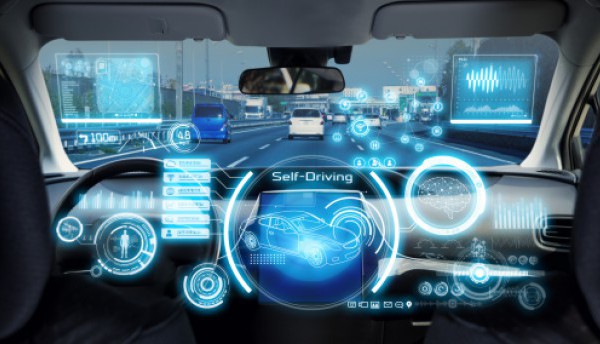
Tesla CEO Elon Musk announced last week the development of the company's robo-taxi, known as the Cybercab, which would be manufactured on a line capable of producing a unit every five seconds, akin to a high-tech consumer electronics production line, according to a report published by The Driven on March 27.
In a surprising move, Tesla has now declared its intentions to commence the full autonomous operation of the Cybercab in Austin, Texas, by June, a timeline significantly ahead of previous projections. This announcement was made on X following a meeting with Austin city and US Transport Department officials, indicating an ambitious push toward autonomous transportation starting in Austin.
This development represents a substantial advancement from Tesla's prior plans, which anticipated using a fleet of Model Y vehicles for the operation of the Cybercab. The news was further emphasized by Eric E, a principal engineer for the robo-taxi product, who highlighted discussions with critical operational stakeholders in Austin, thanking the Austin Transportation and Texas Transportation Department for their involvement in these autonomous vehicle exhibits.
The operational trial's specifics in Austin, including how it will function and its limitations, remain undisclosed, but the Cybercab is anticipated to begin production at Tesla's Austin Gigafactory. The Cybercab was initially introduced at the We-Robot event in October 2024, with Tesla revealing a two-seater model expected to enter production by 2026, priced at about $30,000. However, with the recent announcement, production could begin in just three months, well ahead of schedule.
To achieve a lower price point and simplify production, Tesla has concentrated on reducing parts, refining manufacturing methods, utilizing automated production lines and employing advanced materials technologies. Eric E disclosed that the Cybercab would contain approximately 80 structural parts, a significant reduction from the Model Y's 200 parts. Additionally, Tesla's approach to autonomy in Texas is distinct from other trials such as Waymo's, as the Cybercab relies exclusively on vision for self-driving, eschewing more complex systems such as Lidar.
This content may be AI-assisted and is composed, reviewed, edited and approved by S&P Global.








